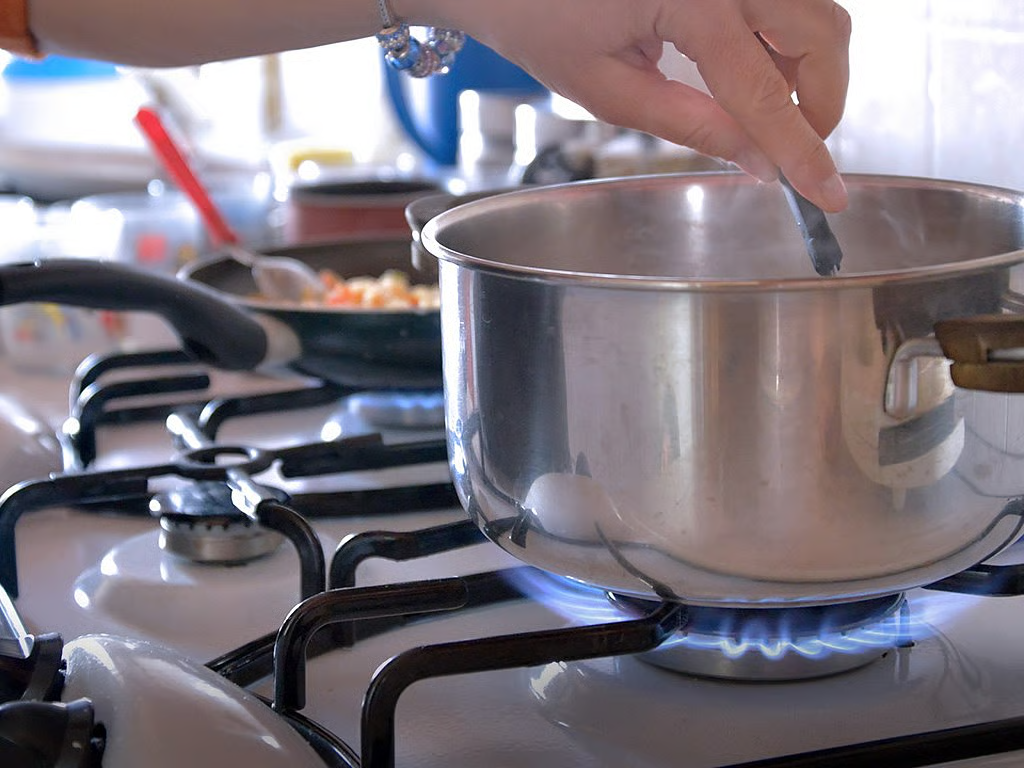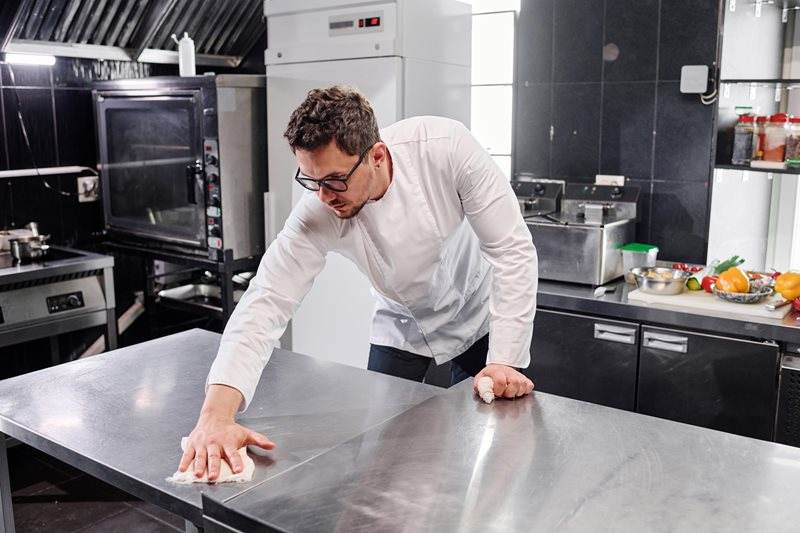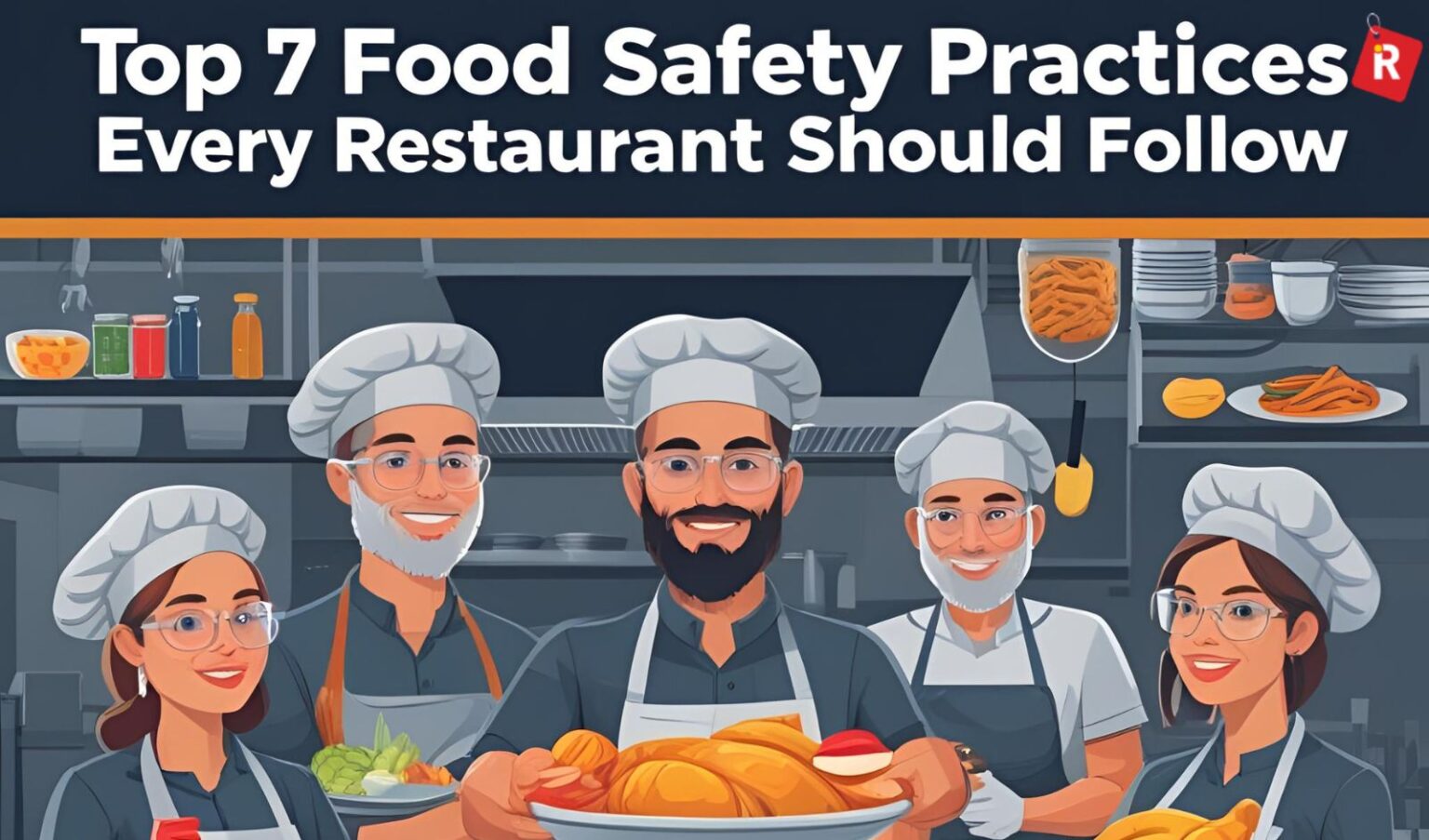Hidden Health Hazards in Gulf Restaurant Kitchens have become a growing concern in 2025, as top food safety experts issue alarming warnings over what customers can’t see behind the scenes. While the Gulf’s booming restaurant industry continues to attract both locals and tourists with its rich variety of cuisines and high-end dining experiences, recent investigations and expert reviews suggest that what happens in the kitchen may not always be safe or sanitary.
According to several food safety audits conducted across Gulf countries like the UAE, Saudi Arabia, Kuwait, and Qatar, inspectors found multiple cases of poor hygiene, outdated food storage methods, and even pest infestations—all pointing to serious hidden health hazards in Gulf restaurant kitchens.

1. Poor Food Handling Practices Raise Alarms
One of the most commonly found issues in the kitchens of popular restaurants in the Gulf is poor food handling. Experts observed that many staff members lack proper training on how to manage raw and cooked food separately. This creates a high risk of cross-contamination, a primary cause of food poisoning.
“Chefs and kitchen assistants often work under pressure to deliver fast service,” said Dr. Laila Hussein, a Dubai-based food safety expert. “But in doing so, they tend to ignore basic safety protocols, which is where the risk begins.”
2. Temperature Mismanagement of Stored Food
A major contributor to foodborne illnesses is improper temperature control. Cold items like dairy, seafood, and meat are often kept in refrigerators that either lack power backup or are overloaded beyond their capacity. Some kitchens also reuse leftover food without monitoring its freshness or bacterial growth.
During a surprise check in a high-end Doha restaurant, health officials found seafood stored above 10°C, which is well above the safe limit. As a result, several customers had already reported feeling unwell within hours of eating there.
3. Use of Expired and Substandard Ingredients
In an effort to reduce costs, some restaurant owners have been found using expired or near-expiry items—especially oils, spices, and canned products. Experts warn that consuming such ingredients can lead to long-term health issues like stomach ulcers and liver infections.
“Expired oil becomes toxic when reheated repeatedly. Yet many kitchens continue the practice to save money,” Dr. Hussein noted.
4. Pests and Vermin Still a Silent Threat
Rats, cockroaches, and other insects continue to pose a silent threat in several Gulf restaurant kitchens. Although most eateries appear clean in their dining areas, the back-end kitchen spaces tell a different story.
Authorities in Riyadh temporarily shut down 14 restaurants in the last quarter of 2024 after rodent droppings were found in food storage units. The situation, experts say, is even worse in smaller restaurants that do not undergo frequent inspections.
5. Inadequate Staff Hygiene and Training
Another hidden health hazard in Gulf restaurant kitchens is the lack of personal hygiene among staff. In many smaller or mid-sized outlets, kitchen workers are not trained in basic health protocols like washing hands, using gloves, or covering hair while cooking.
Furthermore, reports from Kuwait City found that many restaurant workers continued handling food while suffering from cough or skin infections, making them direct carriers of contamination.
6. Chemical Contamination from Cleaning Agents
Experts have also pointed out that improper use of chemical cleaners in kitchens is another concern. Staff often clean kitchen surfaces with industrial-grade chemicals and fail to rinse them thoroughly. As a result, these chemicals mix with food and can lead to toxic exposure.
“Using strong bleach near uncooked food is a recipe for disaster,” said food scientist Ahmed Al-Sabah. “What’s worse is that many kitchens do this unknowingly every day.”
7. Reusing Cooking Oil and Unclean Utensils
One of the hidden dangers rarely discussed is the reuse of cooking oil. Not only does this reduce the nutritional value of food, but it also releases harmful toxins when oil is reheated multiple times. Similarly, unclean or improperly dried utensils often harbor bacteria that go unnoticed.
In a recent inspection in Muscat, Oman, a fast-food kitchen was found using the same oil for over a week and cleaning utensils with water alone—without any disinfectant.
Government Action and Public Awareness

Governments in the Gulf are taking note of these issues. The Food Safety Departments in Dubai, Abu Dhabi, and Riyadh have begun increasing random kitchen inspections and encouraging restaurants to maintain clear records of hygiene practices.
Awareness campaigns are being launched to educate restaurant staff about food safety standards, personal hygiene, and the importance of clean cooking practices. Authorities have also started rewarding restaurants with good hygiene ratings to motivate others.
However, experts stress that customer awareness is just as crucial. Diners are encouraged to check hygiene ratings, observe staff behavior, and report any suspected food poisoning cases immediately.
What Can You Do as a Customer?
While you may not be allowed inside the kitchen, here are a few tips that can help protect you from these hidden health hazards in Gulf restaurant kitchens:
- Look at Reviews: Online reviews often highlight food safety issues.
- Check Certifications: Reputable restaurants display hygiene ratings publicly.
- Ask Questions: Don’t hesitate to ask about how food is stored or cooked.
- Watch Staff Behavior: Hygiene practices can often be observed in open kitchen areas.
Conclusion
The luxurious dining culture of the Gulf is built on high standards, but what lies behind the kitchen doors is often overlooked. As 2025 unfolds, experts are raising serious concerns about the hidden health hazards in Gulf restaurant kitchens that could affect thousands of people every day.
With the right awareness, training, and stricter regulations, both restaurant owners and customers can work together to ensure the food on your plate is not just delicious—but also safe.
Also Read – Gulf Nations Restaurant Boom: $100 Billion Industry by 2026



